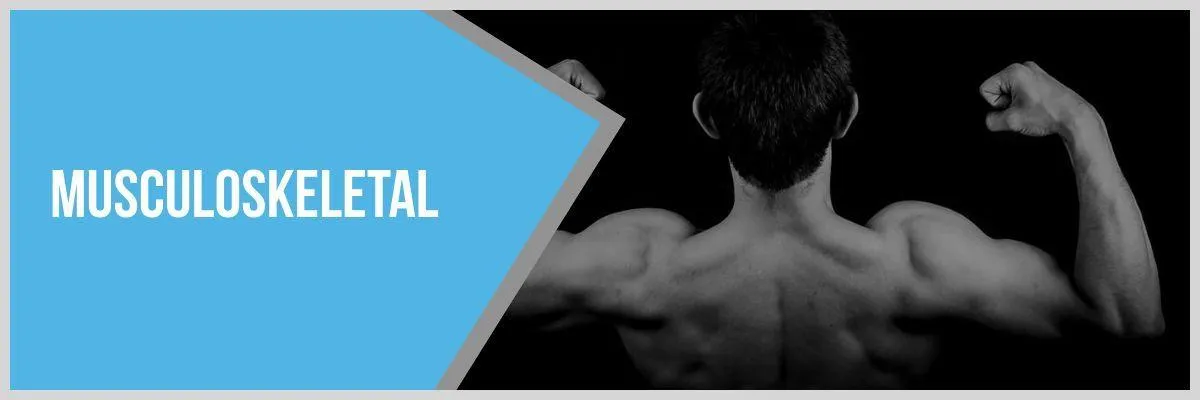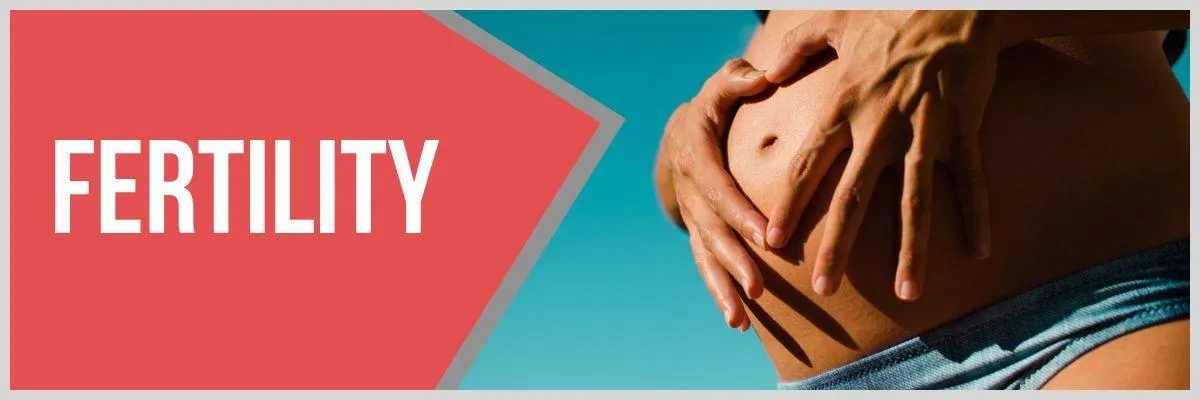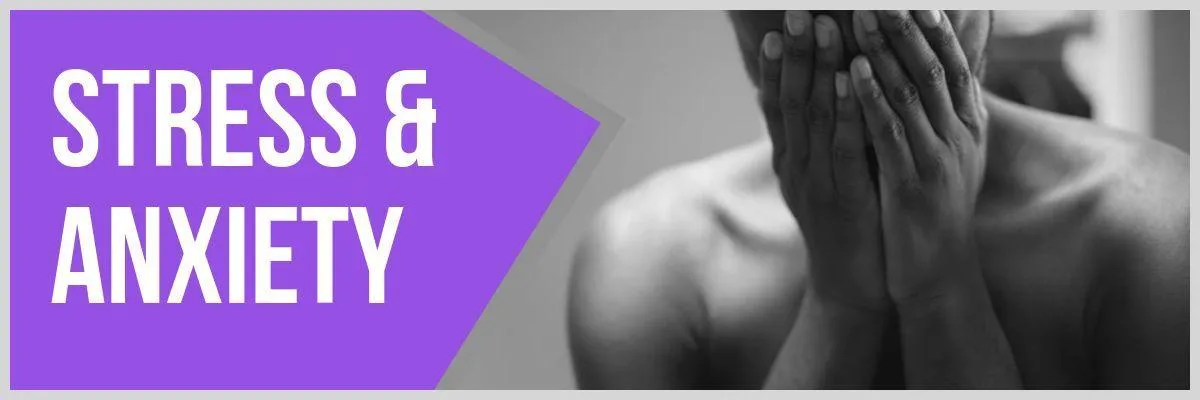Acupuncture
Getting to the point!
Acupuncture is an ancient Chinese therapy, where the insertion of needles is used to treat various ailments. It is a natural holistic therapy that follows the philosophy of traditional Chinese medicine.
ac·u·punc·ture (noun): a system of complementary medicine that involves pricking the skin or tissues with needles, used to alleviate pain and to treat various physical, mental, and emotional conditions. Originating in ancient China, acupuncture is now widely practiced in the West.
What is the theory?
Acupuncture has its roots in traditional Chinese medicine (TCM). The basic idea is that the body requires a balanced flow of energy or Qi to nourish the organs and help the body function. The Qi runs along specific pathways or meridians along which the acupuncture points reside. When the flow of Qi is interrupted, various ailments and conditions arise. Through treatment we can regulate the flow of Qi to resolve blockages, deficiencies and other imbalances. When the energy is balanced, the body is able to heal itself. If you want to know more about what acupuncture feels like, check out the FAQ.
What does modern science have to say?
There has been much research into the mechanism of how acupuncture works. Modern medical knowledge combined with up to date research methods have allowed us to examine acupuncture from a different perspective. From the Western viewpoint, the stimulus of the needling triggers the nervous system which results in the release of various biochemicals. It has been shown this can alleviate pain, improve circulation, relax muscles and tendons and reduce inflammation.
What conditions is acupuncture good for?
Acupuncture is best known in its treatment of acute and chronic pain conditions; in fact, in China it has been used for analgesic purposes during surgery. Aside from pain conditions, acupuncture can treat a wide variety of conditions including but not limited to; stress, anxiety, migraines, allergies, respiratory ailments, infertility, dermatitis, Bell’s palsy, post-stroke sequelae and many others. As a matter of fact, the World Health Organization has recognized a wide ranging list of conditions that acupuncture is effective for. In some cases, this form of treatment can be used to manage symptoms/conditions that are currently not curable. A good example of this is Parkinson’s disease.
Musculoskeletal (MSK) conditions are one of the first things that come to mind when people mention acupuncture. For good reason too, since acupuncture is great for all kinds of neck, shoulder and back pain.
Acupuncture resolves the blockages in the energy of the body and improves circulation to speed the rate of recovery. From a Western standpoint, acupuncture uniquely activates the body’s natural pain relief and anti-inflammatory mechanisms.
Insertion of acupuncture needle initially stimulates production of beta-endorphins, CGRP and substance P, leading to further stimulation of cytokines and NO…. CGRP in low concentrations exerts potent anti-inflammatory actions…. (a) treatment of acupuncture could provoke a sustained release of CGRP with anti-inflammatory activity.
Source: Anti-inflammatory actions of acupuncture. Zijlstra FJ, van den Berg-de Lange I, Huygen FJ, Klein J.Mediators Inflamm. 2003 Apr;12(2):59-69.
Acupuncture and Chinese Medicine keeps the body in optimal health, creating the conditions where fertility is more likely. Western research has confirmed the beneficial effects of acupuncture and its role in regulating stress, the endocrine (hormonal) system and circulation locally.
The pregnancy rate was 31% in the acupuncture group and 23% in the control group. The ongoing pregnancy rate at 18 weeks was higher in the treatment group (28% vs. 18%). Results suggest that acupuncture was safe for women undergoing ET.
Source: Acupuncture on the day of embryo transfer significantly improves the reproductive outcome in infertile women. Westergaard, L et al, Fertil Steril 2006 Vol 85, pg 1341-1346
Stress is a common complaint for patients of acupuncture. Stress can lead to a myriad of different associated symptoms, the most frequently reported is anxiety. The holistic approach of Chinese medicine aims to address the acute symptoms but also to resolve stress in the long term. While we cannot escape stressful situations, we can ensure our body is strong so that we can cope without detrimental effects to our body.
Western research has determined that acupuncture likely exerts its effect on the nervous system, causing the release of neurochemical molecules (i.e. endorphins). The resulting biochemical changes promote physical and emotional health.
Anxiety symptoms were relieved in 82.35% of patients given acupuncture, with no difference as compared with the alprazolam group. The researchers concluded that acupuncture is a safe, effective and important method for treating post-stroke anxiety neurosis.
Source: Clinical observation on post-stroke anxiety neurosis treated by acupuncture. Wu P, Liu S. J Tradit Chin Med 2008; 28: 186-8.



